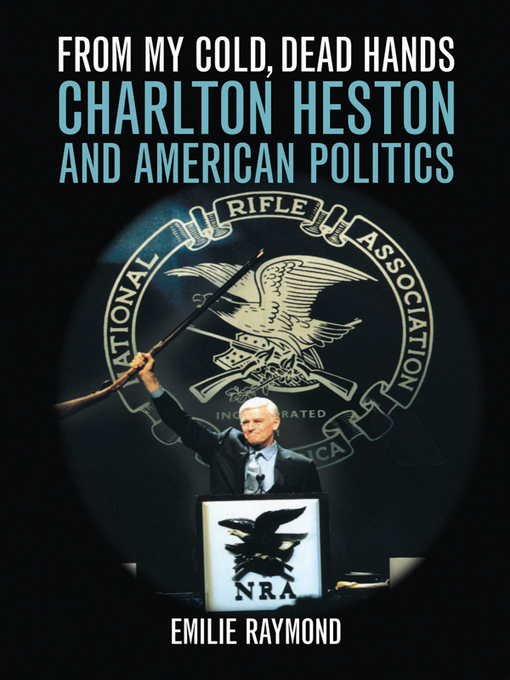Charlton Heston is perhaps most famous for his portrayal of Moses in Cecil B. DeMille's epic The Ten Commandments and for his Academy Award—winning performance in the 1959 classic Ben-Hur. Throughout his long career, Heston used his cinematic status as a powerful moral force to effect social and political change. Author Emilie Raymond examines Heston's role as a crusader for individual rights and his evolution into a major American political figure with a pivotal role in the conservative movement. Heston's political activities were as varied as they were time consuming. He worked with the Kennedy, Johnson, Nixon, Reagan, and first Bush administrations. He marched in support of black civil rights, served as the president of the Screen Actors Guild, and helped shape policy for the National Endowment for the Arts before taking on his most high-profile position — president of the National Rifle Association. Over the course of his career, Heston became disillusioned with the Democrats; he formally registered with the Republican Party in the 1980s, arguing that the decision was in keeping with his longtime advocacy of individual rights. From My Cold, Dead Hands is far more than a biography — it is a chronicle of the resurgence of American conservative thought and, in particular, the birth of neoconservatism. Heston's brand of neoconservatism differed from that of the exclusively intellectual wing, and he came to represent a previously ignored segment of neoconservatives operating on the basis of more common, emotionally oriented concerns. The neocons brought new life to the GOP, and Raymond convincingly argues that Heston revitalized conservatism in general: his image of morality, individualism, and masculinity lent the conservative movement credibility with a larger public. He effectively campaigned for conservative candidates and causes, using his popularity and image to fuel and legitimize his political activities. Heston's high degree of political engagement not only paved the way for many of today's Hollywood activists but also helped popularize many of the beliefs of the neoconservative movement. A balanced look at Heston and his offscreen work, From My Cold, Dead Hands explains how this charismatic man of conviction propelled his personal beliefs into the political mainstream of America.
- Available now
- Most popular
- Always available audiobooks
- All Fiction
- All Nonfiction
- New audiobooks
- See all
- Battle of the Books - K to 2nd
- Battle of the Books - 3rd to 4th
- Battle of the Books - 5th to 6th
- Battle of the Books - Middle School
- Battle of the Books - High School
- See all


